Explore Diagnosis, Treatment, and Self-Care for Burning Mouth Syndrome
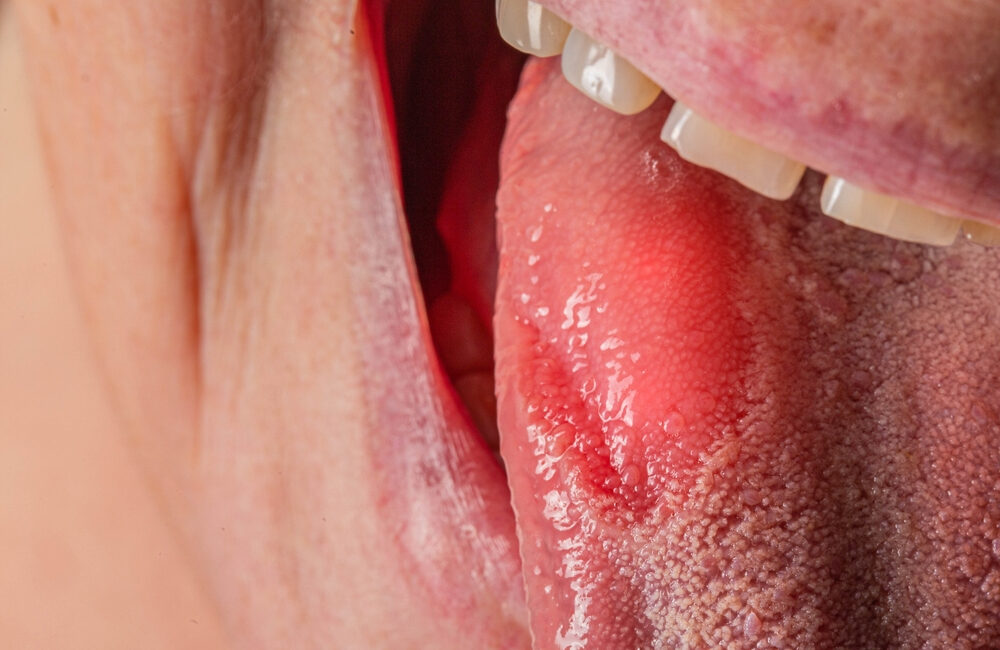
How is Burning Mouth Syndrome Diagnosed?
Your dentist will examine your mouth thoroughly to try to find the cause of Burning mouth syndrome. They will also look at your medical history and may refer you to your doctor for ‘investigations’. These could be blood tests or swabs – to see if there are any infections, nutritional deficiencies or other medical conditions.
You may need to have allergy testing done by a specialist dermatologist. Your doctor can refer you for this if needed.
You may also need blood tests to see if you have, for example, thyroid problems or diabetes.
What treatments are there?
Treatments for BMS can vary depending on the causes.

If BMS has been brought on by a poor diet, then your dental team can recommend supplements for you. If needed, your dental team can also adjust or replace irritating dentures or prescribe you medication for a fungal infection in your mouth.
Some doctors may prescribe a course of counseling and low-dose anti-depressants. This is because BMS can ‘wear down’ some people, and cause depression because they are having a daily battle with the pain. Doctors can also change your medication if your BMS has been caused by dry mouth (a side effect of some medications).
Other therapies can include relaxation, yoga, meditation and hypnotherapy, as they have been found to help some people cope with anxiety.
How can I ease the symptoms myself?
You can help to ease the symptoms yourself at home by:
- Sipping water often.
- Sucking on crushed ice.
- Chewing sugar-free gum – helps you produce more saliva which helps to stop your mouth from getting dry.
- Avoiding things that irritate your mouth – such as hot and spicy foods, mouthwashes that contain alcohol, or acidic fruits and juices.
- Avoiding tobacco and alcohol products.
What should I do if I think I have a burning mouth?
First of all, see your dental team for a check-up. They will then be able to find out if the cause is a dental one, such as your dentures or ‘dry mouth’. If it is, your dental team can check the fit of your dentures (if you wear them) and can also see whether you are allergic to the material they are made from. They can also recommend products to ease dry mouth or get rid of any fungal infection.
If your dental team cannot find a dental cause, they may suggest that you see your doctor or refer you to a specialist. You can then have a blood test to try to find the cause of your BMS.
How long could I have BMS?
As no one knows the exact causes of BMS, it is hard to plan a correct course of treatment. Therefore, BMS is a long-term condition that could affect you for months, years, or perhaps the rest of your life.
If you find ways of coping with and limiting the pain and have treatments or therapies recommended by your doctor, there’s no reason why you cannot do the things you did before.
It is important to keep a record of how your symptoms are affected by the different types of treatment. Your dental team or doctor will then have a better idea of what treatment is best for you – after all, everybody is different.
Are there any medical conditions that can cause it?
As with any long-term condition, dealing with constant day-to-day pain can get you down. Often this can lead to depression. If a cause for your BMS cannot be found, your doctor may prescribe a low-dose anti-depressant, or refer you for Cognitive Behavioural Therapy, to help you deal with this.
You can also read / Crohn’s and Colitis: How Can They Affect My Teeth?



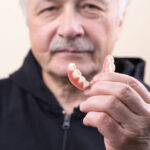
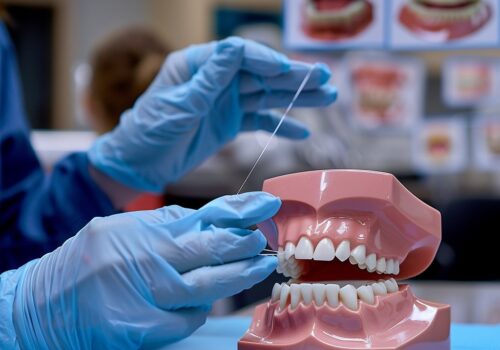


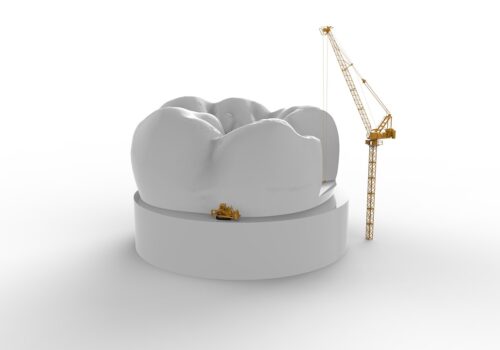
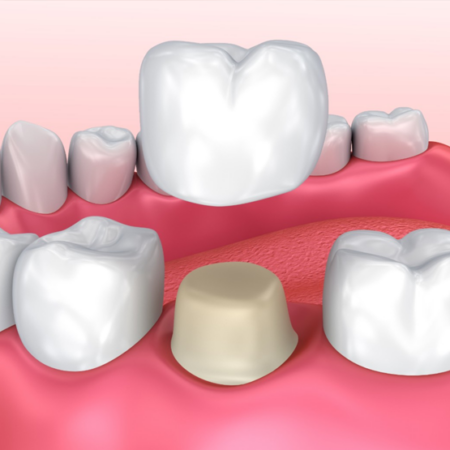
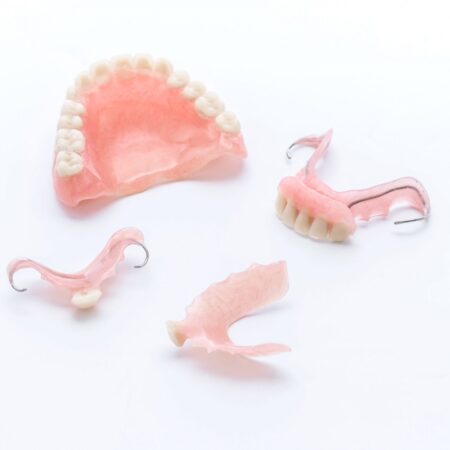
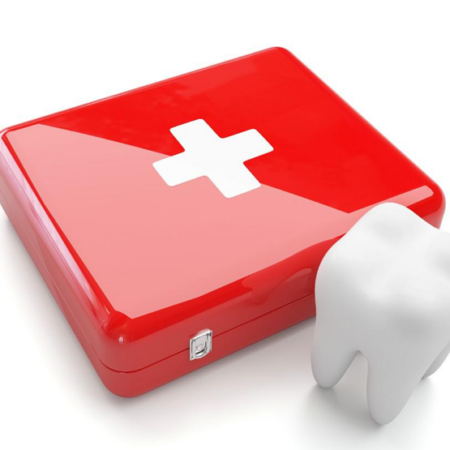
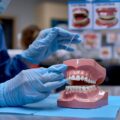


Leave a Reply